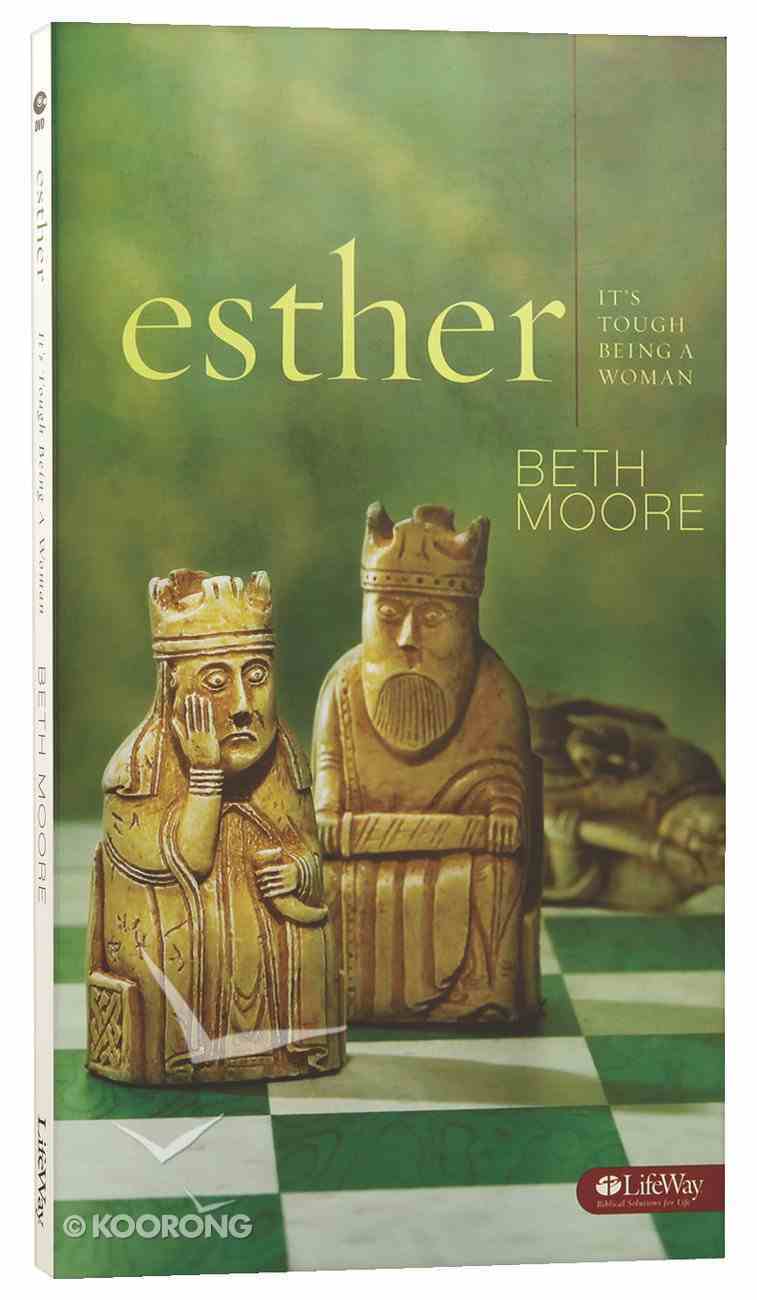


This unlikely contestant for a beauty pageant was crowned queen of Persia and renamed Esther, meaning “star.” Where are we? The book is named for the “star” of the story, a young Jewish girl named Hadassah who was taken from her guardian, Mordecai, and forced to compete for the affection of the king. Some have suggested Mordecai himself was the author, though the accolades for him found in the text suggest that another person, perhaps one of his younger contemporaries, was the author.

Because his perspective was pro-Jewish, scholars believe he was a Jew writing for the remnant that had returned The detailed descriptions of court life and traditions, as well as the events that occurred in the book, point to an eyewitness author. The Bible Project points out there is “a lot of drinking, sex and murder” which are all “violations of Torah commands” and yet “Despite exile, ‘God’s absence’ and Israel’s moral compromise, God has not abandoned his promises.The unknown author of the book of Esther was most likely a Jew very familiar with the royal Persian court.Why do you think “God is never mentioned” in the book of Esther? The Bible Project sees it as an “Invitation to look for God’s activity.” How might that encourage us when our plans are interrupted or we experience hardship? Does it give us hope when we can’t see what God is doing?.Have you ever been a part of a Feast of Purim celebration? It “Commemorates the Jews’ deliverance from destruction.” Watch What is Purim? An introduction to the Jewish Holiday.Jesus said it Matthew 23:12, “Whoever exalts himself will be humbled, and whoever humbles himself will be exalted.” How do we see this played out in the story of Haman and Mordecai? Proverbs 29:23 (ESV) says, “One’s pride will bring him low, but he who is lowly in spirit will obtain honor.”.Why do you think this is the central hinge of the book? What else do you notice about the structure? What surprises you about the parallels in Esther? The story pivots when Haman is humbled and Mordecai is exalted.Then I will go to the king, though it is against the law, and if I perish, I perish.” I and my young women will also fast as you do. And who knows whether you have not come to the kingdom for such a time as this?” 15 Then Esther told them to reply to Mordecai, 16 “Go, gather all the Jews to be found in Susa, and hold a fast on my behalf, and do not eat or drink for three days, night or day. 14 For if you keep silent at this time, relief and deliverance will rise for the Jews from another place, but you and your father’s house will perish. What do you think of Mordecai and Esther’s conversation? What does it show us about their trust in God? How might we express faith in God in the circumstances in which he has placed us?Įsther 4:13-16 (ESV) Then Mordecai told them to reply to Esther, “Do not think to yourself that in the king’s palace you will escape any more than all the other Jews.How might Haman’s understanding of his own history have influenced the way he treated Mordecai? How might it have influenced Mordecai’s response to Haman? Haman, the bad guy in the story, is an Agagite, a Canaanite.What do you think of the Bible Project’s depiction of the King of Persia, Ahasuerus?.

If Esther takes place “100 years after Babylonian exile”, in what setting does it take place?.Did anything from the Bible Project video of Esther change how you think about this book?.When you think of the book of Esther, what do you typically think of?.
#VIDEOS FOR ESTHER BIBLE STUDY FREE#
Please feel free to use these questions to discuss the video as part of your small group, Sunday school, Bible study, or personal time. The Bible Project created an animated overview of Esther as part of their Read Scripture series.


 0 kommentar(er)
0 kommentar(er)
